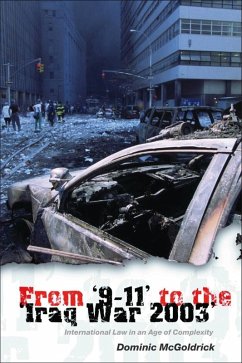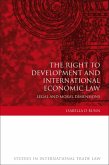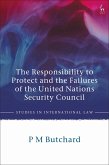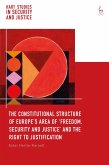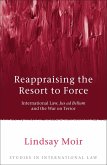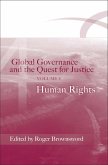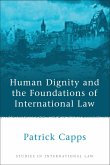This book is a tale of two towers,two wars and two visions. The two towers are those of the World Trade Center in New York, destroyed by a terrorist attack on 11 September 2001. The two wars are the War Against Terrorism and the War on Iraq. The two visions are of the international legal and political order for the twenty-first century. The issues involved in the War Against Terrorism and the War on Iraq are of fundamental importance because they may define the shape of international order for the twenty-first century.
The book has a number of themes. First, it considers the principal international law and international order issues involved in the War Against Terrorism and in the War on Iraq in 2003. Specific attention is given to the application of international humanitarian and international human rights law in the wars. Secondly it asks how the international debate on the Iraq War was conducted and why? Finally it questions whether the post-1945 system of international laws and organizations is capable of surviving, and in what form?
Chapter one outlines how the relationship between war and the international legal order has evolved and introduces the idea of 'complexity theory' as a framework for understanding the events and issues considered in this book. Chapter two considers the pattern of events from the attacks on the US on 9-11 to the Iraq War 2003. Chapter three addresses the issues of law and morality involved in the War Against Terrorism and the War on Iraq. Chapter four focuses on the moral and legal debate around the War on Iraq and chapter five considers the systemic consequences for international law doctrine and practice, giving particular weight to US policy and approaches and how other states have responded to them. Chapter six appraises the post-war situation in Iraq in terms of political and economic organisation and human rights. It also assesses the consequences of the status of post-war Iraq for the wider region. Chapter seven concludes the book by examining the possible implications of the War Against Terrorism and the War on Iraq for world order in the twenty-first century.
The book has a number of themes. First, it considers the principal international law and international order issues involved in the War Against Terrorism and in the War on Iraq in 2003. Specific attention is given to the application of international humanitarian and international human rights law in the wars. Secondly it asks how the international debate on the Iraq War was conducted and why? Finally it questions whether the post-1945 system of international laws and organizations is capable of surviving, and in what form?
Chapter one outlines how the relationship between war and the international legal order has evolved and introduces the idea of 'complexity theory' as a framework for understanding the events and issues considered in this book. Chapter two considers the pattern of events from the attacks on the US on 9-11 to the Iraq War 2003. Chapter three addresses the issues of law and morality involved in the War Against Terrorism and the War on Iraq. Chapter four focuses on the moral and legal debate around the War on Iraq and chapter five considers the systemic consequences for international law doctrine and practice, giving particular weight to US policy and approaches and how other states have responded to them. Chapter six appraises the post-war situation in Iraq in terms of political and economic organisation and human rights. It also assesses the consequences of the status of post-war Iraq for the wider region. Chapter seven concludes the book by examining the possible implications of the War Against Terrorism and the War on Iraq for world order in the twenty-first century.

